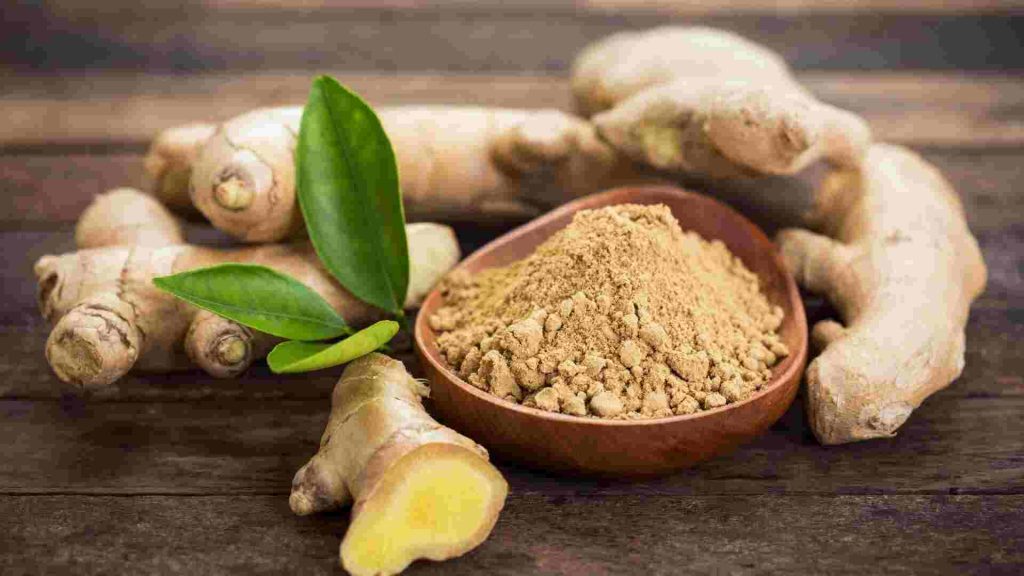Benefits of Eating Ginger
Ginger is one of the most commonly used spices in the world. It’s used as a healing herb, flavoring agent and a condiment. It’s also native to Asia, Africa and India. For thousands of years, people have used ginger to treat various health conditions such as nausea, vomiting, heartburn, diarrhea, muscle pains and arthritis. Ginger is also known for its anti-inflammatory properties and pain relief.
Ginger is a perennial plant (Zingiber officinale) that is grown throughout the world in tropical and subtropical areas. The plant grows to a height of 1 to 4 m (3 to 13 ft), and has fleshy rhizomes. Fresh ginger can be substituted for dried ginger in recipes; however, dried ginger will lend a stronger flavor.
Tender young ginger rhizomes are cooked as a vegetable and used in stir-fries, soups and stews, while older ones are often pickled or made into jam or marmalade. Ginger is also made into candy, crystallized and preserved in syrup or dried, ground into a powder for use as a spice, and used as an herbal supplement.
Health Benefits of Ginger:
Ginger has many health benefits, so it is no wonder that it is one of the most used spices in the world. The root of this plant contains gingerols, a compound that has been studied extensively by scientists, who found out that it can help with a very wide range of health problems.
It is commonly used as a natural remedy to treat nausea and vomiting, but also in cases of cold and flu, bronchitis, arthritis and more. The efficiency of this spice has been proven in numerous clinical studies.
How does ginger work?
Ginger contains phytonutrients that are powerful antioxidants that may help prevent or slow the progression of cancer cells. Antioxidants are important for protecting your body from free radicals that can damage healthy cells and possibly lead to cancer cells.
Another phytonutrient found in ginger called shogaol may be able to help reduce inflammation and pain in your body. Ginger is also high in a natural compound called gingerol that’s thought to be responsible for many of its medicinal benefits.
Treatment with ginger root extract can:
Pain relief: if you suffer from headaches or migraines, drink some ginger tea or chew on a small piece of fresh ginger root;
Reduce inflammation: to relieve inflammation and joint pain associated with arthritis, osteoarthritis, rheumatoid arthritis or gout use ginger;
Improve digestion: drink some ginger tea after a meal to reduce acid reflux symptoms or bloating following eating;
Prevent cold and flu: if you feel you are coming down with something take 2 grams of powdered ginger daily for 3 days – this will help prevent the illness.
Uses of Ginger in Everyday Life
Ginger has been used for centuries to relieve nausea and vomiting. In addition, it may help relieve morning sickness and indigestion, reduce inflammation from arthritis, and improve circulation.
Side Effects
Taken in large amounts, ginger can cause side effects such as heartburn, cramping and nausea. Although these side effects are mild and temporary, you should take note of these symptoms when you increase your dosage of ginger.






